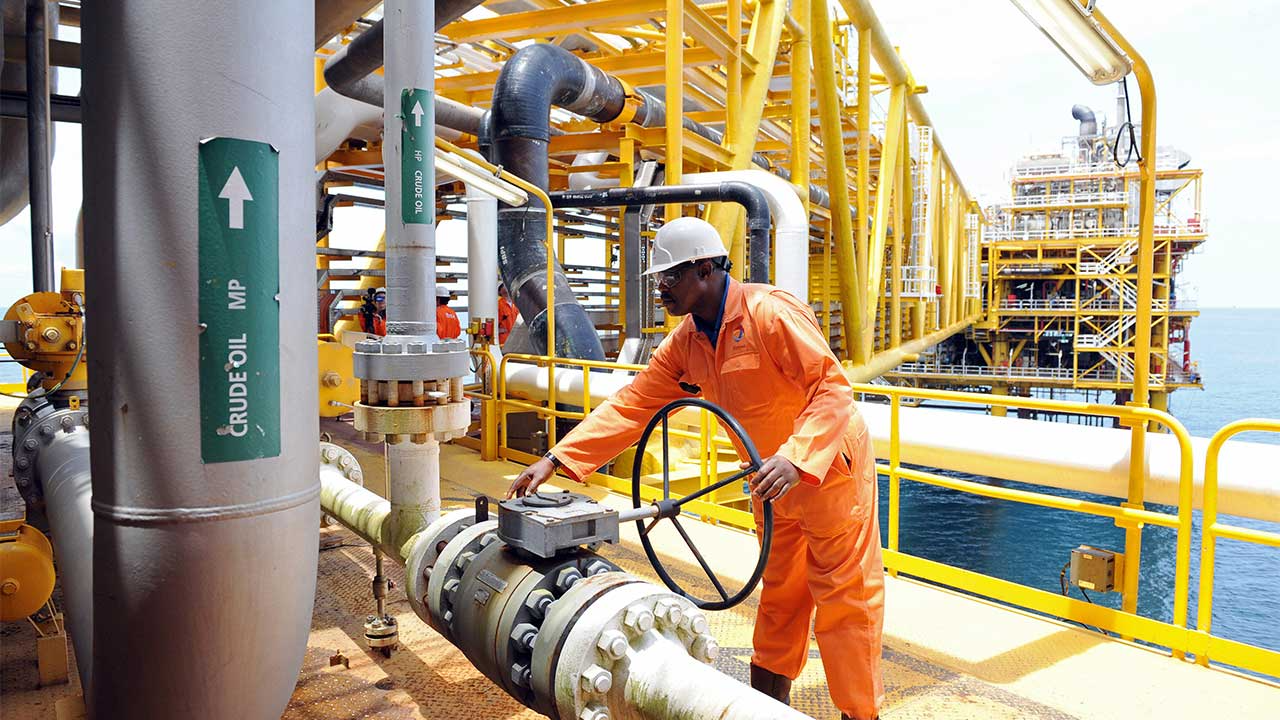Nigeria’s crude oil production has surpassed 1.5 million barrels per day (mbpd) for the first time in four years, surpassing its December 2024 quota set by the Organisation of Petroleum Exporting Countries (OPEC).
The output, which is excluding condensates, signifies a resurgence that is crucial for Nigeria’s economy, heavily reliant on oil revenues amid ongoing reforms aimed at boosting production capacity.
OPEC had previously set Nigeria’s production quota at 1.5 mbpd, which the country has now successfully met. This
According to tanker tracking data compiled by Bloomberg, Nigeria’s output rose by 40,000 bpd to reach 1.51 million bpd, marking its highest production level in four years.
Minister of State for Petroleum Resources (Oil), Heineken Lokpobiri, on Monday, highlighted key achievements in the oil sector under President Bola Tinubu’s administration.
He emphasised that crude oil production has risen significantly from one million barrels per day (bpd) to 1.8 million bpd, including condensates.
Taking to his official X (formerly Twitter) account, Lokpobiri explained that upon assuming office, President Tinubu issued a directive to boost Nigeria’s crude oil production. The minister noted that this mandate served as the foundation for the ministry’s subsequent accomplishments.
Lokpobiri further stated that within the first 18 months of Tinubu’s administration, the government succeeded in attracting foreign investments and fostering peace in oil-producing communities across the Niger Delta.
The country, which had faced challenges maintaining production, capping at 1.3 million bpd in 2023, closed the year with a significant improvement, exceeding OPEC’s quota.
Despite this achievement, Nigeria’s production still fell short of the 2024 budget projection by 500,000 barrels. This gap has compelled the nation to intensify efforts to diversify its revenue base, relying more on taxes and customs duties to bridge the deficit.
In August 2023, OPEC retained Nigeria’s production quota at 1.5 million bpd as part of its global oil price stabilisation strategy.
Further progress was reported in October when the Nigerian National Petroleum Company (NNPC) Limited disclosed achieving 1.8 million bpd. This milestone was attributed to enhanced security measures aimed at reducing oil theft and curbing pipeline vandalism.
However, the NNPC did not specify whether the 1.8 million bpd figure referred solely to crude oil or included blended and unblended condensates, which are excluded from international sales.
While Nigeria experienced a production boost in December, the overall output of OPEC members saw a notable decline, primarily due to strategic cuts by the United Arab Emirates (UAE) aimed at stabilising global oil prices, as per Bloomberg data.
The UAE scaled back its oil exports to an 18-month low, with state-owned oil company ADNOC reducing crude oil cargo allocations for select Asian customers in January and February.
Iran’s oil production fell by 40,000 barrels per day (bpd) to 3.32 million bpd in December. Despite this drop, the country’s output remains near its highest level in six years, even as potential challenges loom from the incoming U.S. administration.
Libya, however, demonstrated a strong recovery from recent political turmoil, increasing its production by 40,000 bpd to 1.23 million bpd. This marks the country’s highest production level in over a decade.
